I last met John Giorno at 9.30 a.m. on 14 September 2018, to interview him about his role in Andy Warhol’s film Sleep (1963). Now considered an ‘underground’ cinema classic, Sleep is composed of a series of three-minute takes of Giorno sleeping. It lasts for more than five hours.
I mention the time of day because I’m going to be a little immature and gossipy and reveal that when I walked into his apartment on 222 Bowery I found Giorno seated and smiling beatifically, a pile of cannabis on a table by his side and the sweet stench of weed smoke hanging in the air. ‘Wow, an old-school wake and bake?!’ I exclaimed. ‘Sure thing!’ Giorno replied, adding, ‘You should have some too if you’d like.’ I declined.
This encounter strikes me as typical of the way candour and goofiness characterise so much of Giorno’s work. Despite his collaborations, friendships and affairs with figures including Jasper Johns, Anne Waldman, Andy Warhol, William Burroughs and Allen Ginsberg, Giorno never acted the role of visionary artist or shamanic poet pronouncing loftily to the interviewer. For Giorno, it was always more fun to play with others to get the work done. I like to think Giorno wanted me to join him on his psychotropic morning because he knew that doing so would change the dynamics of the interview. Had I taken him up on his offer, the interview might have become tilted, giggly, awkward, confusing – a little piece of ‘life is art’ in its own way.

GOD IS MAN MADE (2015), John Giorno. Photo: Argenis Apolinario. Courtesy Almine Rech
Play informed practically everything Giorno did from the early 1960s through to his more recent visual artworks – large text paintings set against rainbow backgrounds featuring variously inane, transgressive and political messages including ‘GOD IS MAN MADE’, ‘SAY NO TO FAMILY VALUES’, and ‘I WANT TO CUM IN YOUR HEART’. Anyone familiar with Giorno’s projects over the last six decades would not be surprised by these garish, hilarious pictures. After all, Giorno is renowned for all kinds of glorious hijinks, including LSD-fuelled performance works, the establishment of a pirate radio station broadcast from the bell tower of St Mark’s Church in New York’s Lower East Side, and, perhaps most famously, the transmission of avant-garde poems and counterculture speeches through what he called ‘Giorno Poetry Systems’, part of which was the renowned Dial-a-Poem telephone call-in service and related record label series.
Making poetry sonic, as Giorno saw it, was a way to appeal to the broadest possible constituency, enabling people to hear verse on the radio, on their telephones, or on the turntables in their living rooms. From its beginnings in 1968, Dial-a-Poem transgressed the boundaries of poetry, performance, sound art, and conceptual art. It also pointed ahead to Giorno’s later experiments that sought to combine communal occasions with poetry. Viz. Giorno, in 1984, forming the John Giorno Band and playing gigs in places including the Bottom Line and CBGB in Manhattan. ‘[What’s] turned out to be the best audience’ for poetry, Giorno told cultural historian Nicholas Zurbrugg, ‘is the audience of […] rock ’n’ roll clubs or new wave clubs or punk clubs or whatever you want to call them. An audience that’s drunk and stoned and goes to a rock ’n’ roll club or whatever, is very receptive to you, if you perform well.’
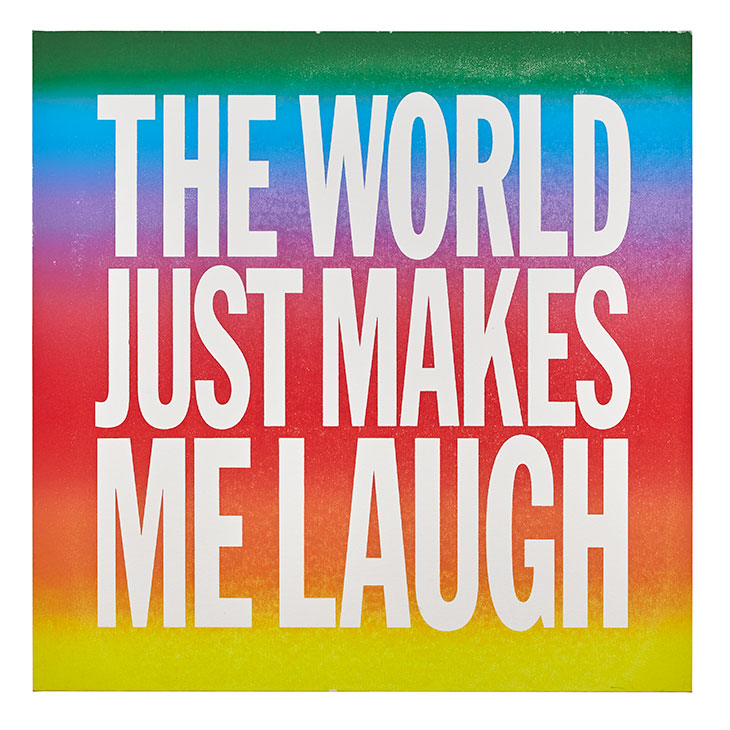
THE WORLD JUST MAKES ME LAUGH (2015), John Giorno. Photo: Argenis Apolinario. Courtesy Almine Rech
Giorno got to this point because he had determined early on that regular poetry readings were too often rigid, self-important and, crucially, boring. It’s Giorno’s refusal to be bored – his insistence on eternal naughty delight – that stays with me to this day. I’m reminded of the first time I interviewed Giorno in 1999 for a book about the Lower East Side poetry scene in the 1960s. I lived not far away from him at the time, near a shop called Russ & Daughters that served (and still serves) exquisite Nova salmon, puffy chewy bagels, silky Dutch herring, and the like. I brought a bunch of this stuff to the interview. He was thrilled, taking great pleasure in smearing tofu-scallion cream cheese on a bagel and cramming it with white fish, slices of red onion, and lox. I couldn’t believe my luck getting his attention and was quietly proud that my decision to bring ‘appetising’ over proved such a hit. After pressing the record button on my tape recorder, I sat enthralled as he enthused over his life in the 1960s:
I remember that around 1963, Andy Warhol and I went to some gallery to see John Ashbery, Frank O’Hara, and Kenneth Koch give a reading. It was really crowded, and it was the energy of this young New York School crowd, you know? We were standing in the back because it was really crowded, and there was no PA system. There was no thought given to presentation – it didn’t exist. There we were, standing around with hundreds of people, and we couldn’t hear a thing. Andy started whispering to me, ‘Oh John, it’s so boring, why is it so boring?’ Those words of Andy’s, ‘Why is it so boring, why is it so boring,’ became one of those treasures that propelled me. I didn’t know it at the time, but poetry readings didn’t have to be boring – people were just making it boring.
One of the main gifts of Giorno’s art – and by that I include his recordings, his homoerotic poems, his collaborations, his radio station, his band, his visual art, his outrageous gossip, his founding of the AIDS Treatment Project (which included treating AIDS patients with ‘Tibetan medicine and meditation practice’, sponsoring awards for writing about AIDS, and providing AIDS patients with cold, ‘hard cash’), and beyond – was that it was never, ever boring. He worked hard and had tons of fun doing it to reach out and convince as many people as possible that poetry didn’t have to be stuck on a page. It could be an attitude. It could be sung or painted or simply talked about stoned with your best friend. It could and should be a party. That I wish I had toked up with him that September morning instead of trying to stay serious goes, like they say, without saying.
Daniel Kane is a professor of American literature and culture at the University of Sussex.
Unlimited access from just $16 every 3 months
Subscribe to get unlimited and exclusive access to the top art stories, interviews and exhibition reviews.

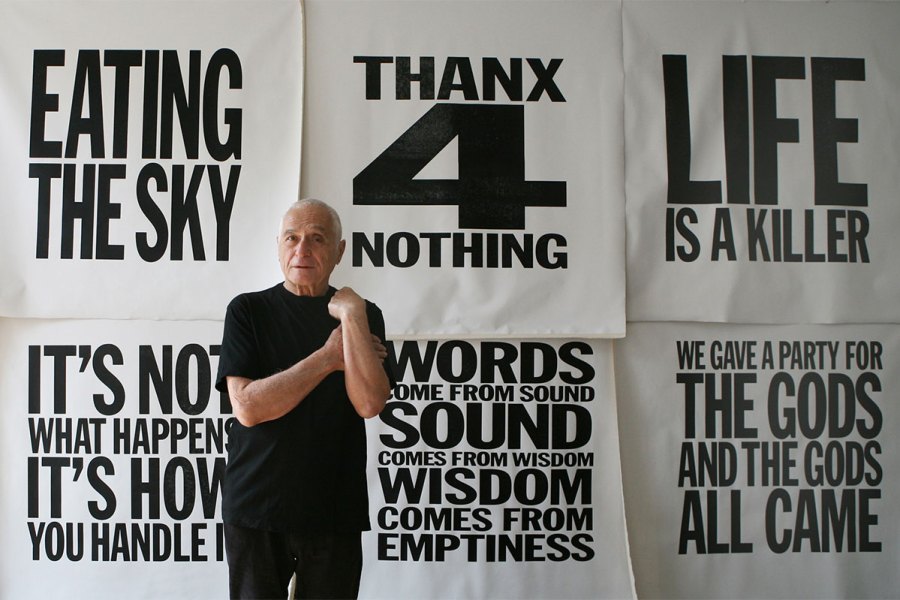
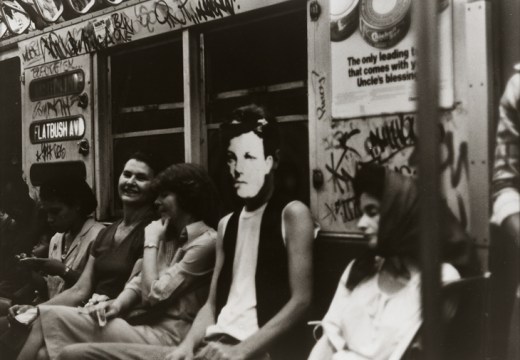
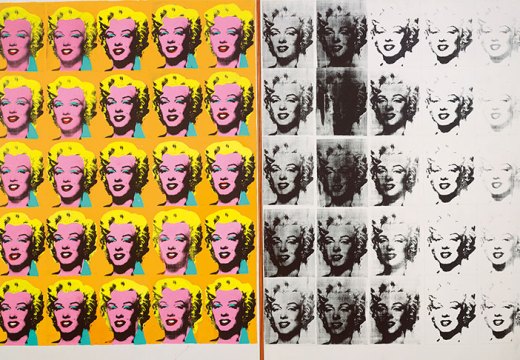
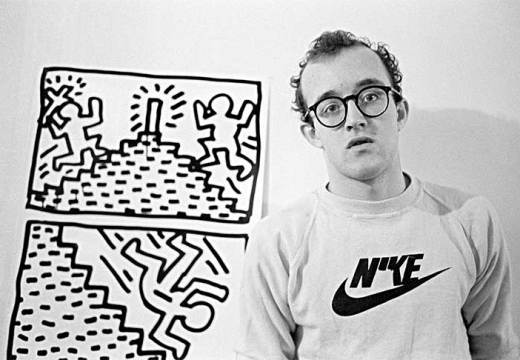
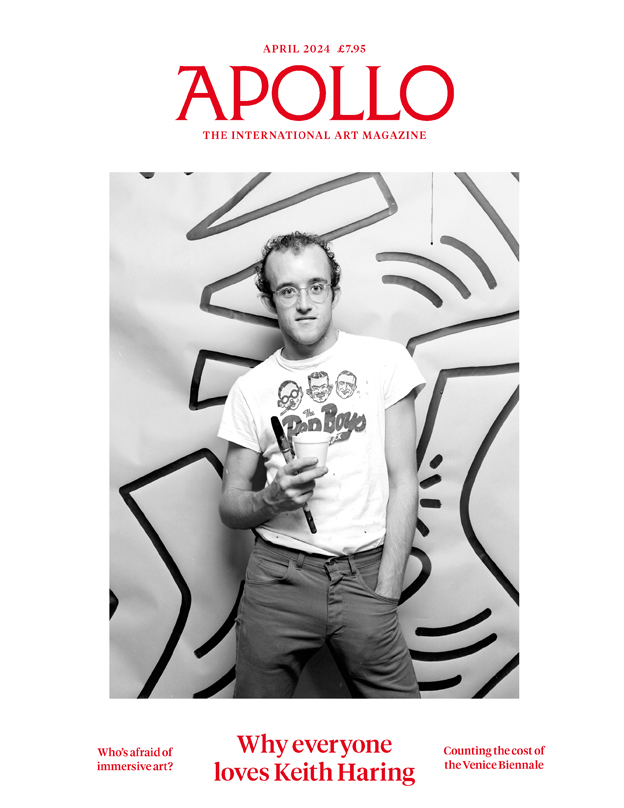
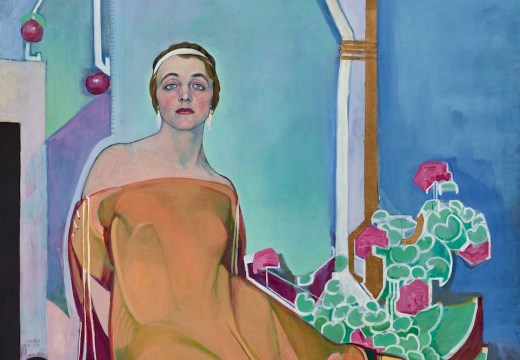
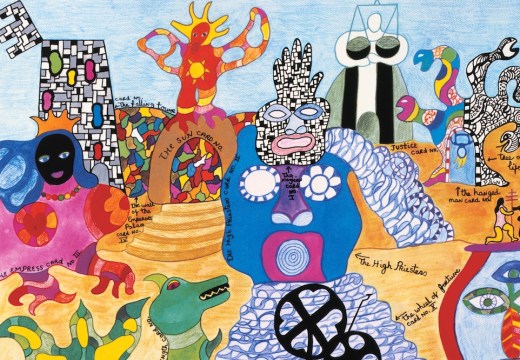
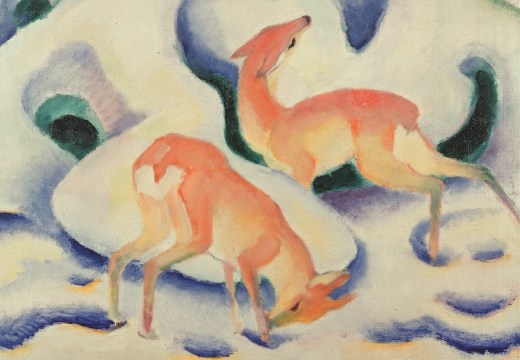
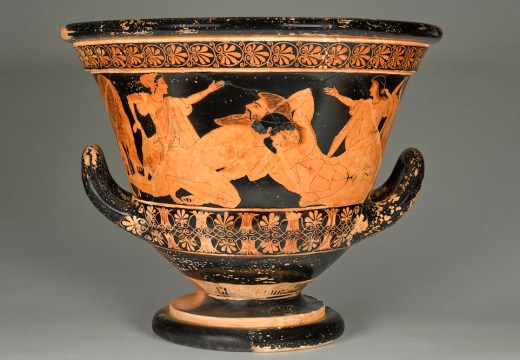
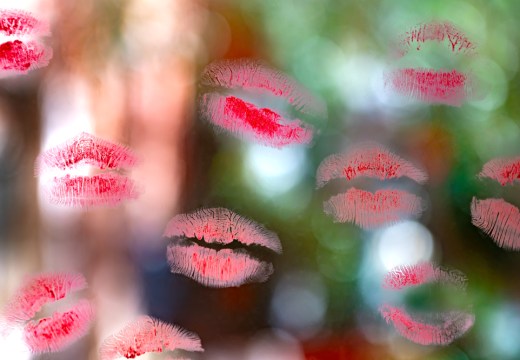
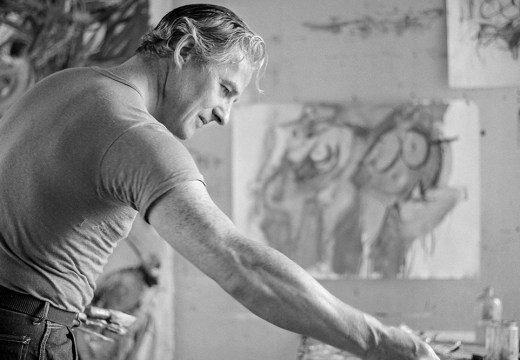
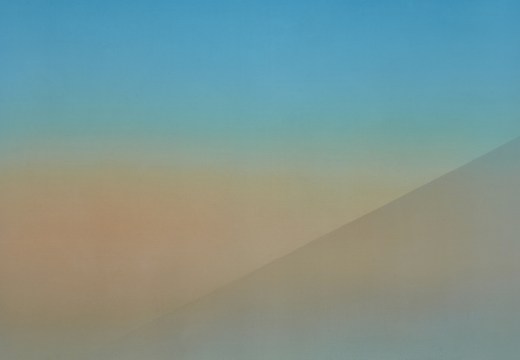
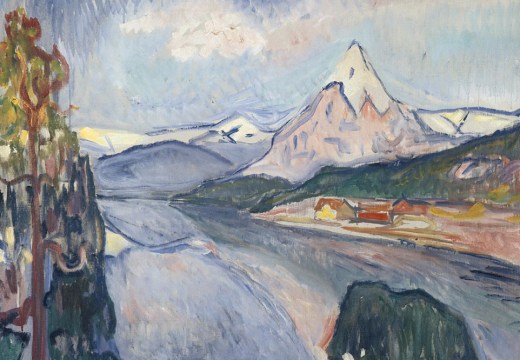
![Masterpiece [Re]discovery 2022. Photo: Ben Fisher Photography, courtesy of Masterpiece London](http://www.apollo-magazine.com/wp-content/uploads/2022/07/MPL2022_4263.jpg)
Why are fathers so absent from art history?